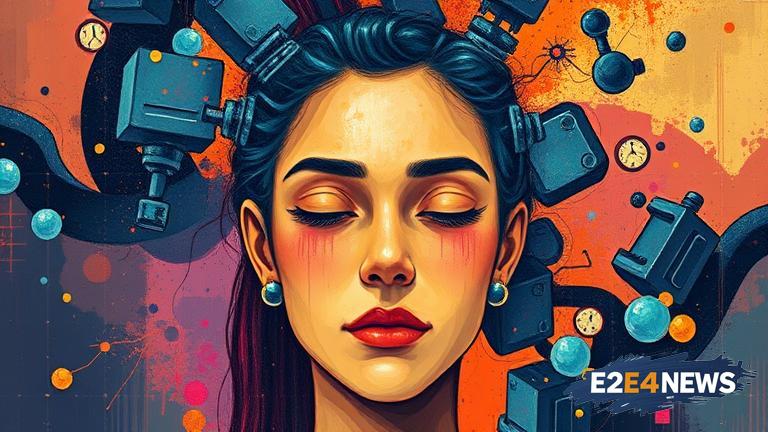The integration of Artificial Intelligence (AI) into the daily lives of neurodivergent individuals is revolutionizing the way they interact, learn, and navigate their surroundings. Neurodivergent people, who include those with autism, ADHD, and other neurological differences, often face unique challenges in communication, social interactions, and sensory processing. AI-powered tools and systems are being designed to cater to these specific needs, offering tailored support and accommodations. For instance, AI-driven chatbots and virtual assistants can provide emotional support and companionship, helping to alleviate feelings of loneliness and isolation. Moreover, AI-based learning platforms can adapt to an individual’s learning style, pace, and abilities, making education more accessible and effective. AI-powered wearables and mobile apps can also help neurodivergent individuals manage their sensory experiences, tracking and regulating their emotional responses to overwhelming stimuli. Additionally, AI-driven speech recognition systems can facilitate communication for those with speech or language difficulties. The use of AI in mental health support is also gaining traction, with AI-powered therapy platforms offering personalized counseling and guidance. These AI systems can analyze vast amounts of data, identifying patterns and providing insights that can inform treatment plans and support strategies. Furthermore, AI can help reduce stigma around neurodiversity by promoting awareness and understanding. By providing a platform for neurodivergent individuals to share their experiences and perspectives, AI can foster a sense of community and connection. The development of AI-powered tools and systems is often driven by the needs and feedback of neurodivergent individuals themselves, ensuring that these technologies are user-centered and effective. As AI continues to evolve and improve, it is likely to have an increasingly profound impact on the lives of neurodivergent people, enabling them to thrive and reach their full potential. The potential applications of AI in supporting neurodivergent individuals are vast and varied, ranging from education and employment to healthcare and social interactions. However, it is essential to address the ethical considerations surrounding the use of AI in this context, ensuring that these technologies are developed and deployed in a responsible and inclusive manner. This includes prioritizing transparency, accountability, and user autonomy, as well as addressing concerns around data privacy and security. By harnessing the power of AI in a way that is respectful, empathetic, and user-centered, we can create a more inclusive and supportive environment for neurodivergent individuals, enabling them to live fulfilling and meaningful lives. The future of AI in supporting neurodivergent individuals holds tremendous promise, with the potential to drive positive change and improve outcomes. As we continue to explore and develop AI-powered solutions, it is crucial that we prioritize the needs and perspectives of neurodivergent individuals, ensuring that these technologies are designed to empower and support, rather than isolate or stigmatize. Ultimately, the successful integration of AI into the lives of neurodivergent individuals will depend on our ability to create a culture of acceptance, understanding, and inclusivity, where everyone has the opportunity to thrive and reach their full potential. The use of AI in supporting neurodivergent individuals is a rapidly evolving field, with new developments and breakthroughs emerging regularly. As we move forward, it is essential that we remain committed to the principles of empathy, inclusivity, and user-centered design, ensuring that AI-powered technologies are developed and deployed in a way that prioritizes the needs and well-being of neurodivergent individuals.
